According to the Draft Law on Cyber Security, the Ministry of Public Security is the focal agency responsible for managing cybersecurity nationwide, presiding over the development of national technical standards and regulations, and guiding organizations and individuals to ensure cybersecurity for important information systems related to national security in all fields, except military information systems.
In addition, the United Nations Convention against Cybercrime, which was signed by 72 countries in Hanoi recently and is legally binding globally, has recognized that each member country designates a contact point available 24/7 to ensure the provision of immediate support for investigation, prosecution, trial or for the collection of evidence in the form of electronic data. According to the assignment, the Ministry of Public Security is the focal point of Vietnam responsible for organizing the implementation of the Convention.
The drafting agency believes that it is necessary to unify the state management focal point for cybersecurity for the following reasons:
Enhance efficiency in management and supervision
Ensuring consistency and synchronization: With a single management point of view, state agencies can operate in a unified and synchronous manner, avoiding overlapping and conflicting management tasks. This helps create a stronger and more effective cybersecurity system.
Centralizing resources: Centralizing cybersecurity management in one agency will help optimize resources, including human, financial and technological resources, thereby enhancing the ability to respond quickly and effectively to cyber threats.
Ensuring transparency and accountability
Clearly define management responsibilities: A single management point will clarify the responsibilities of government agencies in protecting cybersecurity, from policy implementation, monitoring to handling cybersecurity incidents. This helps avoid shifting responsibility between different agencies and organizations.
Easier monitoring and inspection: When there is a clear governing body, monitoring and inspection of cybersecurity-related activities will be easier, helping to promptly detect problems and handle them quickly.
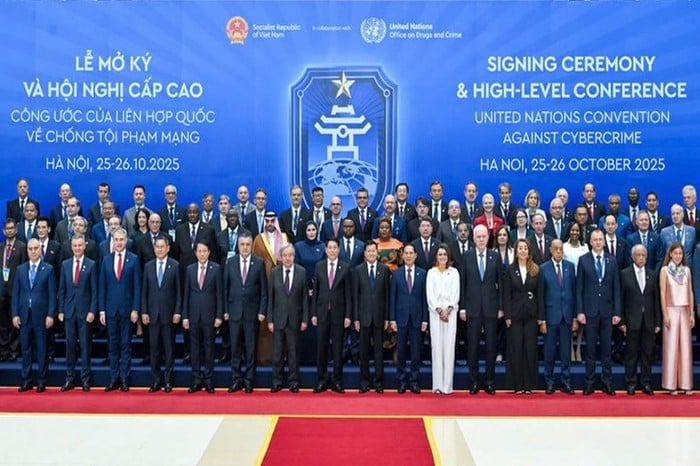
President Luong Cuong, United Nations Secretary-General António Guterres and leaders and representatives of countries attending the signing ceremony of the United Nations Convention against Cybercrime
Strengthening the ability to respond to cybersecurity threats
Respond quickly to cybersecurity incidents: As cybersecurity threats become more complex and dangerous, having a lead agency improves the ability to respond quickly to incidents, while helping to minimize damage and stop the risk of attack.
Effective information sharing and coordination: A single point of contact will help improve information sharing among authorities, thereby coordinating the handling of cyber security incidents more effectively. This is also an important factor in responding to cross-border attacks.
Ensuring the sustainable development of cybersecurity infrastructure
Developing a synchronous network infrastructure: Unifying the management point helps deploy and develop national network security infrastructure in a synchronous manner, avoiding the situation where state agencies or businesses operate without close coordination.
Encourage creativity and innovation: A lead agency will create a favorable environment for the development of advanced cybersecurity technologies, thereby helping Vietnam reduce its dependence on foreign technology and enhance its cybersecurity autonomy.
Promoting international cooperation on cybersecurity
Ensuring consistency in foreign affairs: In the field of cybersecurity, international cooperation is indispensable. Having a management focal point will help Vietnam have an official representative to participate in international forums, cooperate in sharing information and cybersecurity technology.
Unified and enforceable policy: A single regulatory focal point helps develop clear cybersecurity policies and coordinate with other countries to implement international cybersecurity agreements and standards.
Protect the rights of people and businesses
Protecting the rights of citizens and organizations: A synchronous management system will help protect people and businesses from attacks, intrusions and abuse of personal information, thereby creating a safe network environment for the community.
Encourage the development of digital services: With a unified and strong cybersecurity management system, people and businesses will feel more secure when using online services, thereby promoting the development of the digital economy.
Unifying the state management focal point on cybersecurity not only helps create a solid information network protection system but also improves the ability to respond to threats, protect the interests of people and businesses, and promote the sustainable development of technology and the digital economy in Vietnam.
Source: https://phunuvietnam.vn/thong-nhat-dau-moi-quan-ly-an-ninh-mang-yeu-cau-cap-thiet-trong-boi-canh-toi-pham-mang-gia-tang-20251124154805679.htm


![[Photo] Next to the "mountain of trash" after the flood, Tuy Hoa residents strive to rebuild their lives](/_next/image?url=https%3A%2F%2Fvphoto.vietnam.vn%2Fthumb%2F1200x675%2Fvietnam%2Fresource%2FIMAGE%2F2025%2F11%2F24%2F1763951389752_image-1-jpg.webp&w=3840&q=75)





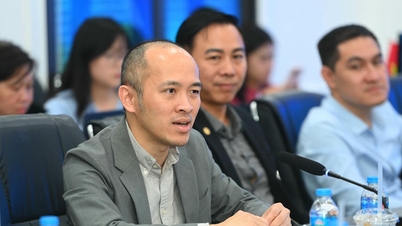



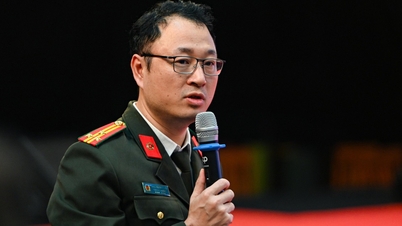

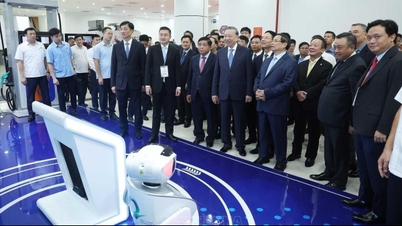

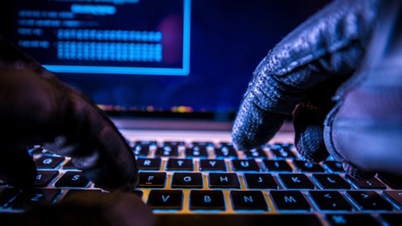
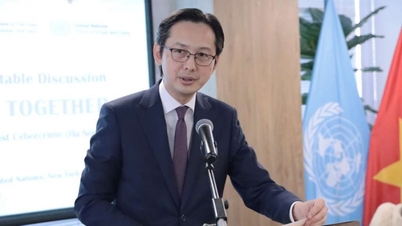
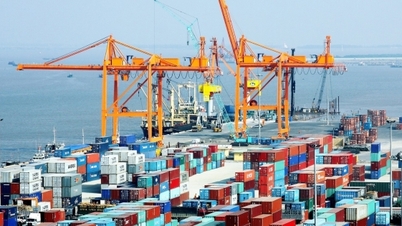

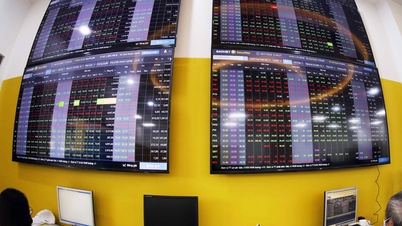


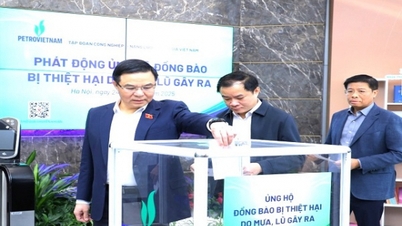

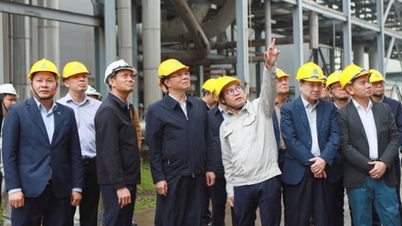













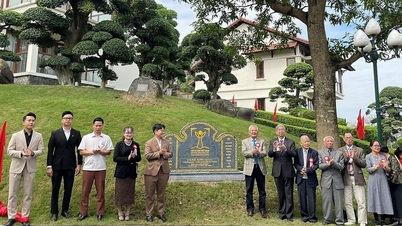





















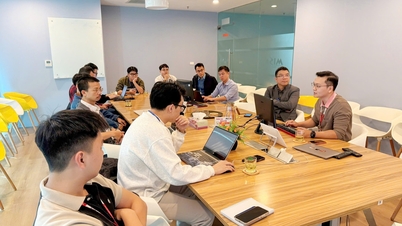



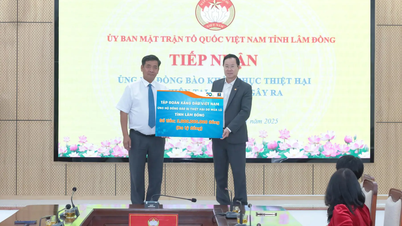








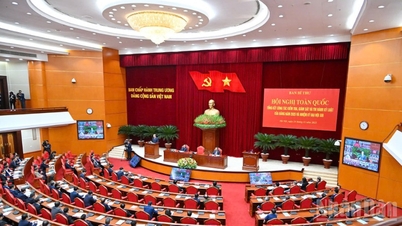

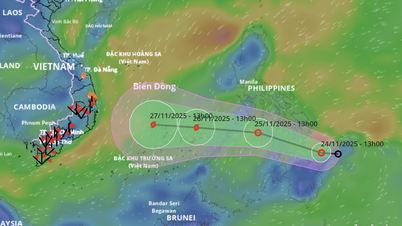
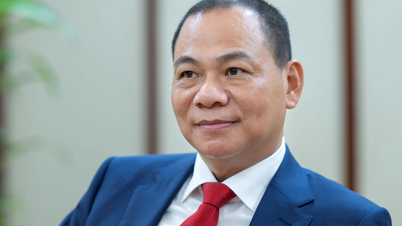

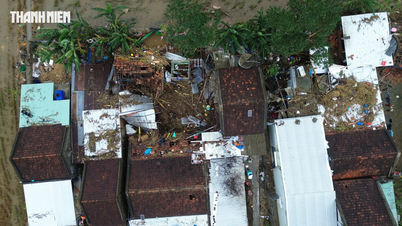









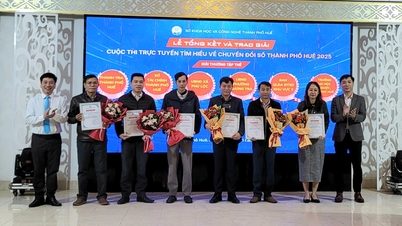

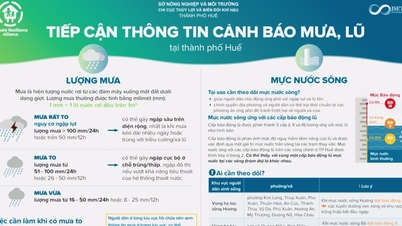
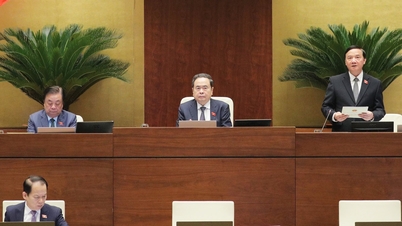
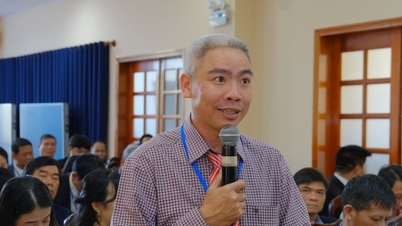
















Comment (0)